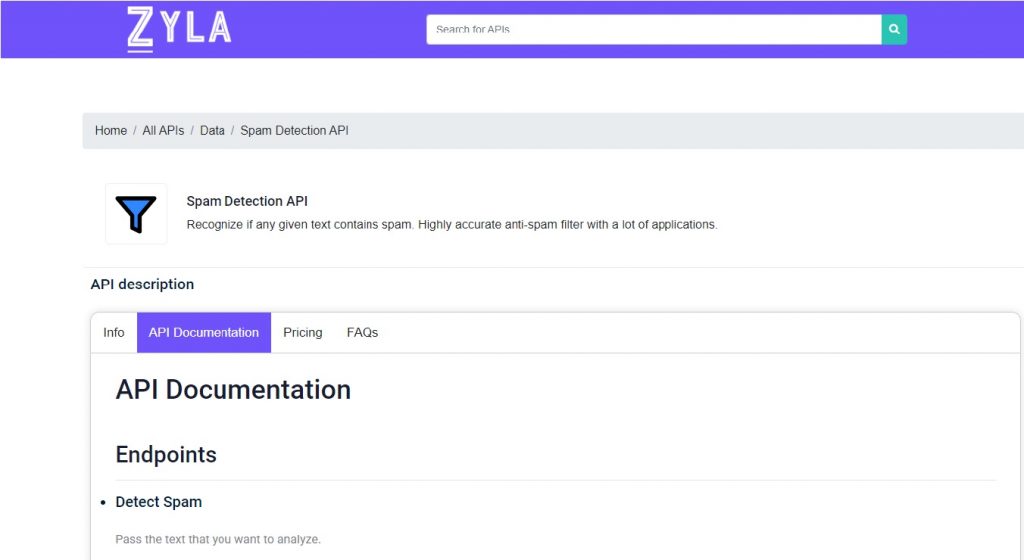Your company can benefit in a number of ways from an effective spam detection API: You may filter out spammy content with its assistance, safeguard your business reputation, and conserve time and resources.
Although many spam detection API providers are available, not all are the same. Some are more expensive and some are more accurate than others. This post will review the top spam detection API and assist you in selecting the best one for your company.
How could spam hurt your company?
Most people have come across spam at some point. Spam is an annoyance that can cost you time and resources to your company, whether it takes the form of unwelcome emails, texts, or even phone calls.
But did you know that spam can also affect your business? There are several ways that spam can harm your company.
Spam can first consume all of your resources. Dealing with spam can take time away from other crucial activities, whether it’s your time or the time of your team.
Additionally, sending unsolicited messages to clients from your company’s account can harm your reputation.
Finally, spam can result in security lapses because spam is frequently used by hostile actors to spread malware or phishing scams.
Even though spam is a pain, you should be aware of the ways it might hurt your business. You may lessen the impact of spam by taking measures to protect your company.
Why should your company use a spam detection API?
Having a spam detection API for your company has several advantages. A spam detection API can assist you in reducing the quantity of spam-related traffic to your company’s website, protecting your business reputation, and swiftly and effectively identifying spammy content.
A spam detection API can also assist you in focusing your marketing efforts and understanding your consumer base better. You may save time and money by recognizing spammy material and avoiding wasting them on advertising to uninterested customers.
Overall, a spam detection API can help you better secure your company from spam while saving you time and money.
What benefits may a spam detection API provide for your business?
It goes without saying that spam is a significant issue for companies. They lose billions of dollars annually due to lost production and resource waste. A spam detection API, however, is a new tool that companies could use to combat spam.
Businesses can benefit from a spam detection API in a variety of ways. They can use it to first detect spam emails before they even get in their inboxes. Businesses can save a ton of time and money by doing this because they won’t have to squander it by searching through and getting rid of spam emails. Second, a spam detection API can assist companies in preventing their customers from seeing spammy content. This can safeguard companies’ reputations and guarantee that customers only view relevant high-quality material.
There are many different spam detection APIs available, but which one is the best? Without a doubt, Spam Detection API!
Check the Spam Detection API yourself in order to discover the outcomes!
One of the most significant applications of machine learning is the Spam Detection API. It can save individuals a lot of time and bother by automatically identifying bogus content.
A machine learning model is used by the Spam Detection API to automatically identify spammy content. The best part is that using it is free. Therefore, give the Spam Detection API a try if you’re seeking a spam detection tool. The degree to which it is correct could surprise you!
So, if you want to protect your company or business from spam, you should try Spam Detection API.

If you enjoyed this post and want to learn more, continue reading at https://www.thestartupfounder.com/everything-you-need-to-know-about-spam-detection-api/


